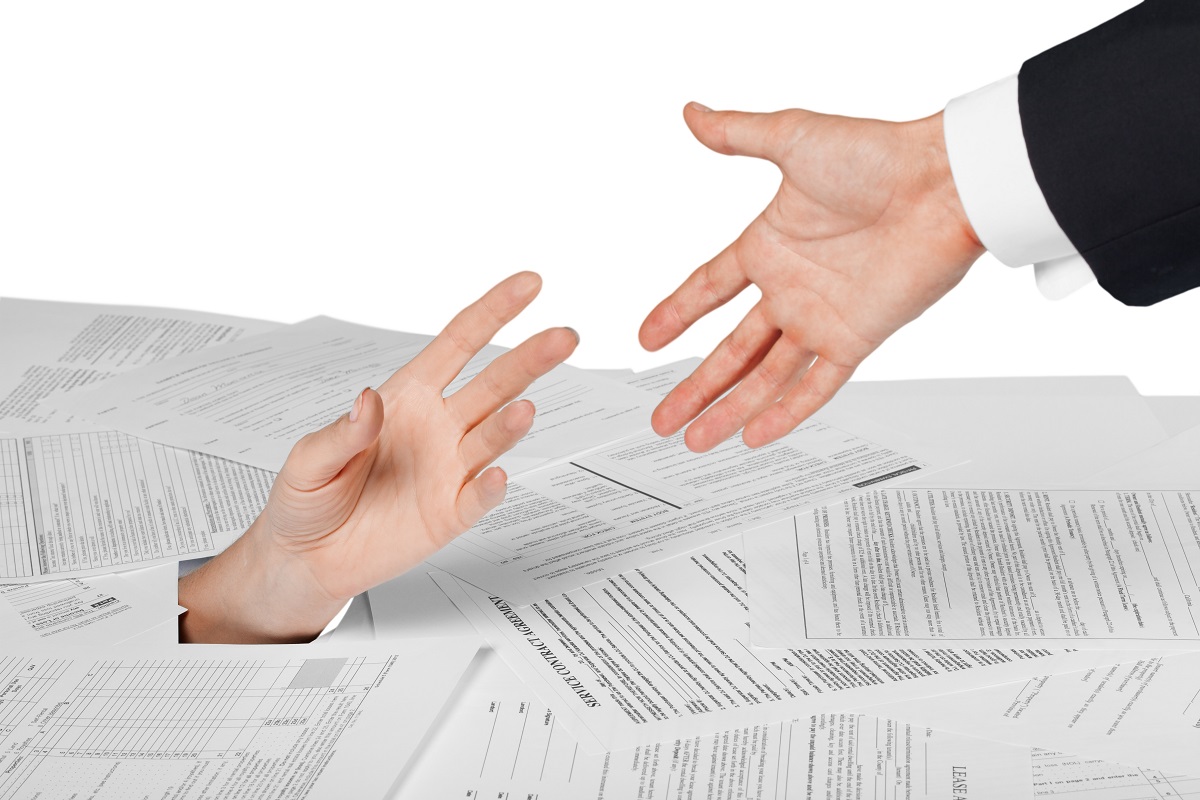You might think that, with death, all things come to an end. For the most part, this could be true, except when it comes to the topic of taxes. Even in death, some of them have to be dealt with. An example of this is the estate tax.
What is an Estate Tax?
Contrary to what most people, the estate tax is different from the inheritance tax. In the case of the latter, only six states in the country collect it, with Maryland being the only state where both types of fees are collected. In this type of tax, the amount is charged against the value of the inheritance you have received. A bracket is being followed, depending on your relationship with the deceased. In estate tax, on the other hand, it is being imposed on the whole amount of the estate left by the person who passed.
One advantage that the inheritance tax would have over the estate tax is the rate being charged by the state. On average, states tax estates at around 40%, while inheritance taxes peak only at 20%, a much lower rate compared to its sibling.
How Does Estate Tax Work?
One of the things that you have to keep in mind is that estates left by a deceased person only get taxed when it reaches a certain threshold. This threshold may differ from one state to the next. In recent years, estates amounting to more than $11.58 million are the only ones taxed. It is because of this that states, such as Maryland, also opt to levy an inheritance tax as it does not have any particular threshold.

You might think that the estate is taxed based on its value upon purchase. The truth is, the law also takes into consideration the possibility that the asset has already depreciated over time. That means that taxes are imposed on the assessed fair market value of the asset.
Some assets are exempted from the estate tax, though. One good example is life insurance. If the deceased bought life insurance that will pay the beneficiary a significant sum, such amount shall not be subject to the estate tax. That is also the case with the inheritance tax. It becomes a different story, though, if the life insurance is payable to the dead person or their estate. If that is the case, it becomes subject to the estate tax.
What to Do?
If you ask any asset manager in Fort Myers, they will tell you that the best way to manage your assets is to dispose of them while you are still alive. As much as possible, estate planning should start as soon as you have incurred a significant asset apart form your steady stream of income. It is also a good thing to keep in mind that what might apply to other people will also apply to you.
That said, get someone to manage your assets even while you are still alive. Make sure that you know the implications of your options as you might be able to get away from the estate tax, but you might have to deal with other types of taxes like the donor’s tax.

